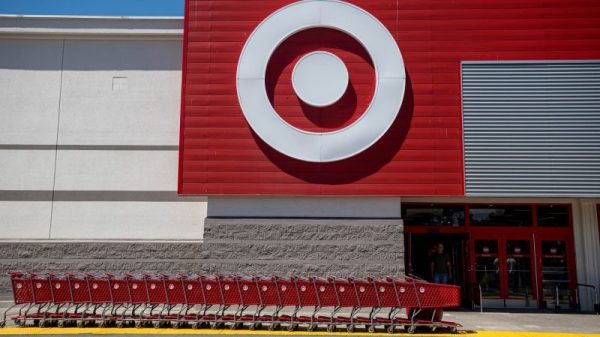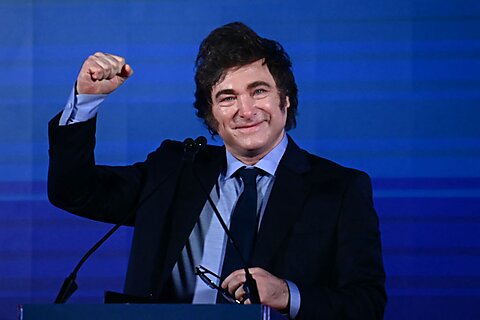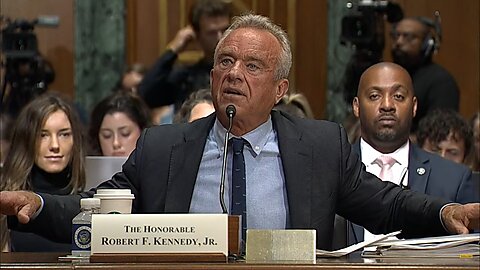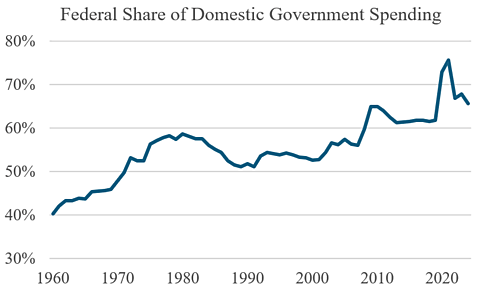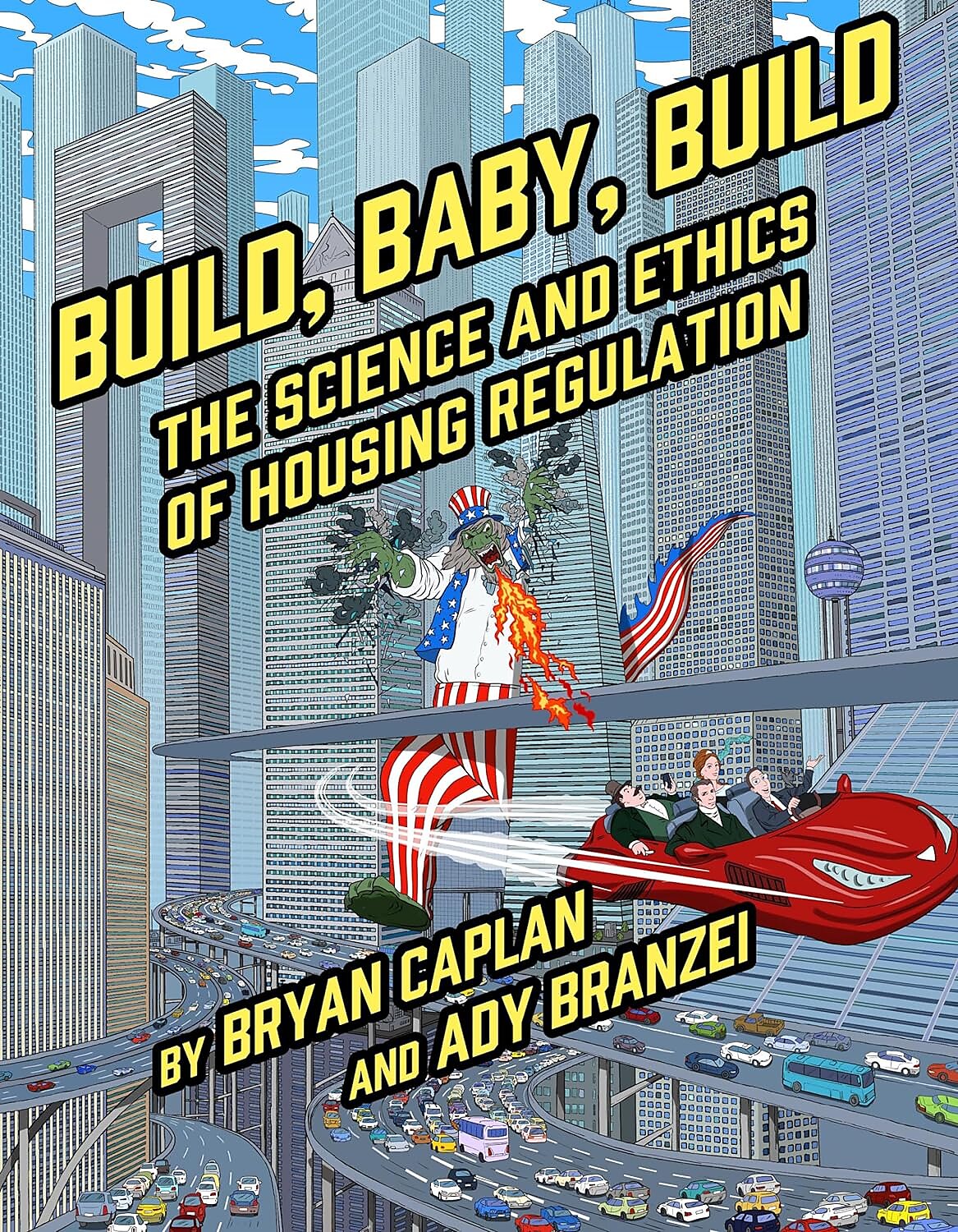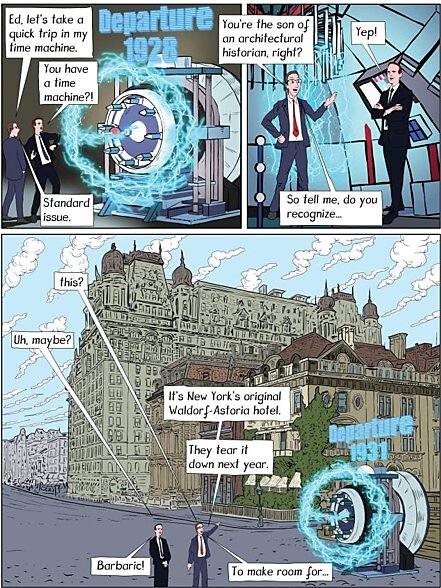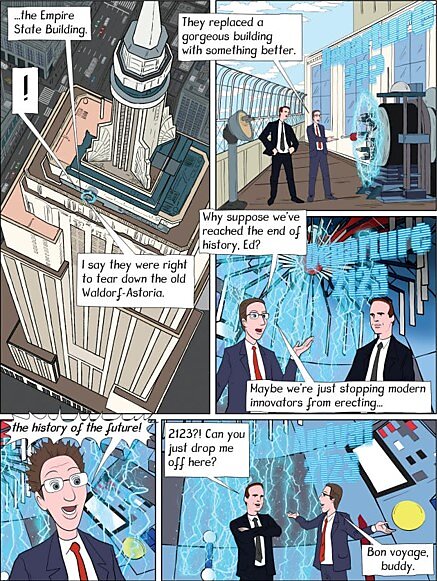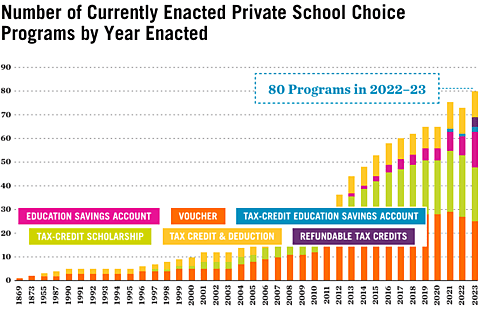Historic preservation is one of the most crowd‐pleasing rationales for preventing development. Critics often ridicule the rationale’s abuse. New York has an historic parking lot, and so does Washington, DC. Rarely, however, does anyone challenge the principle of historic preservation. My new Build, Baby, Build: The Science and Ethics of Housing Regulation does precisely that.
I first decided to address historic preservation while reading Triumph of the City by Ed Glaeser, chair of Harvard’s Economics Department. He is unquestionably a hero of Yes In My Backyard (YIMBY). He’s probably the greatest YIMBY hero in academia. But to my ears, Glaeser still praises historic preservation with faint damnation:
In cities and suburban enclaves alike, opposition to change means blocking new development and stopping new infrastructure projects. Residents are in effect saying “not in my backyard.” In older cities like New York, NIMBYism hides under the cover of preservationism, perverting the worthy cause of preserving the most beautiful reminders of our past into an attempt to freeze vast neighborhoods filled with undistinguished architecture.
This passage inspired a Build, Baby, Build scene where I invite Ed for a ride in my time machine. First, I take him back to 1928 and show him the original Waldorf‐Astoria Hotel. The hotel was undeniably gorgeous.
But in the late 1920s, regulators didn’t try very hard to “preserve the most beautiful reminders of our past.” So about a century ago, developers were able to demolish the hotel.
And then… they built the iconic Empire State Building in its stead! Take a look.
On reflection, there is a widely‐ignored trade‐off between preserving past greatness and creating new greatness. Almost every beloved building stands on the footprint of an even older building. If historic preservation had existed throughout history, many more truly ancient structures would still be standing. But everything more recent would, at best, be less conveniently located. Many wouldn’t exist at all! After all, there’s little point in building the Empire State Building anywhere other than a city center.
Without historic preservation laws, profit‐maximizing developers would still consider historic value. Tenants and buyers like historic stuff, so they’ll pay a premium for it. Developers like good publicity, so they have an added incentive to loudly proclaim their enduring eagerness to keep history alive. Philanthropists may even buy historic buildings and turn them into museums, or partial museums.
I say these free‐market forces deliver all the historic preservation a reasonable person would ever want. I know, many of my fellow economists will hail the positive externalities of doing even more. But we shouldn’t give them the time of day. Much of what mainstream economists credulously call “positive externalities” is just Social Desirability Bias — our all‐too‐human tendency to voice pretty lies.
“History is priceless” is a lovely yet absurd slogan. A few architectural historians aside, people barely care about 99 percent of protected buildings. When was the last time you smiled at a random structure built before your birth? What’s your tenth favorite building in Paris, never mind San Francisco?
But even if you take the positive externalities more seriously than I do, we’re not choosing between positive externalities and nothing. We’re choosing between the positive externalities of the buildings we have, and positive externalities of the buildings we could have instead. People in the past were right to believe that the future could easily outshine the past. Why shouldn’t we believe the same?

